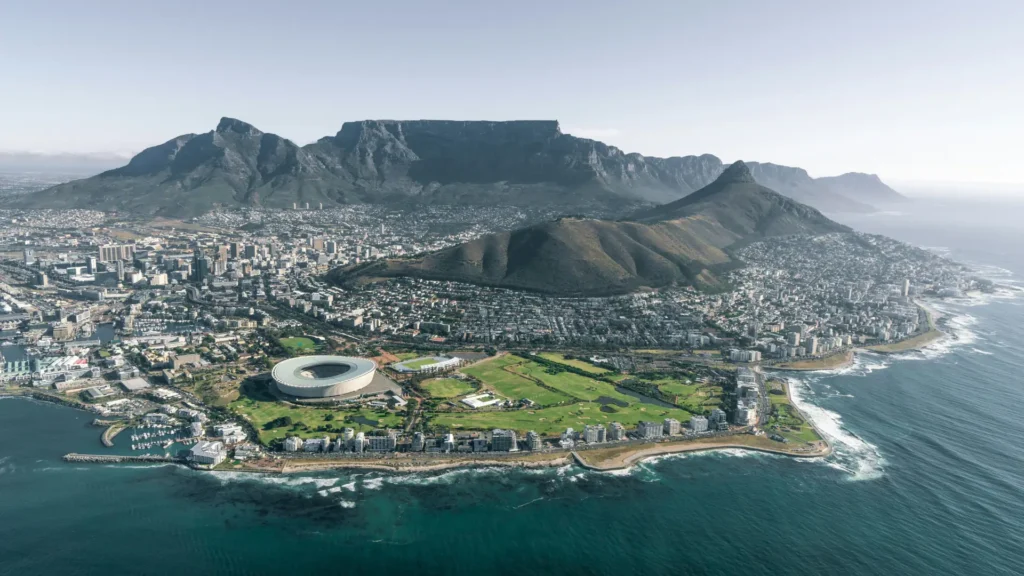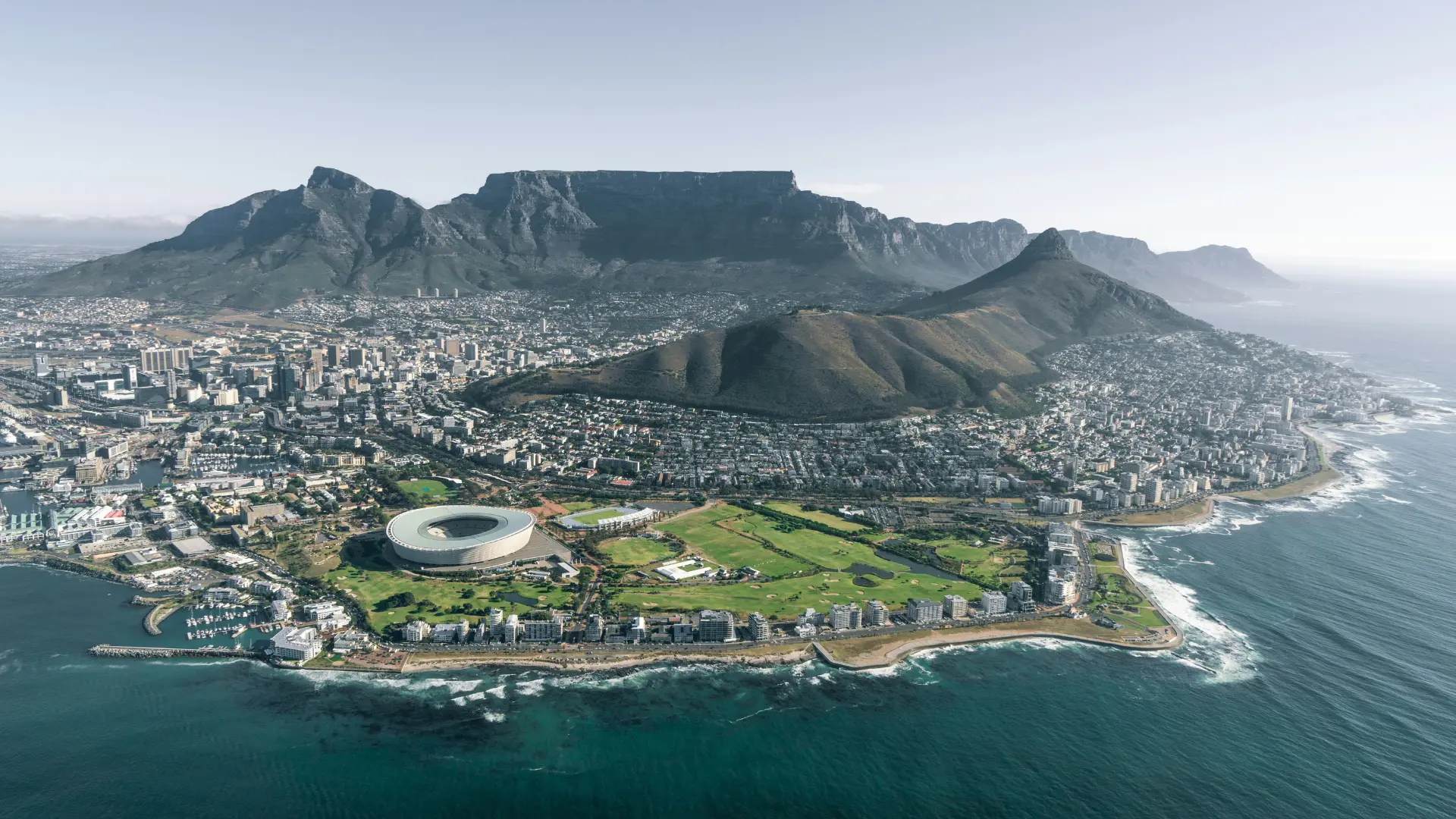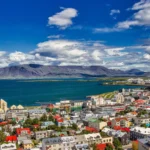When you dream about South Africa, images of golden savannas, Big Five safaris, Cape Town’s sparkling coastline, and vibrant cultural diversity probably come to mind. But as soon as you start planning, one question keeps popping up in your head: is South Africa safe to visit in 2025?
It’s an understandable concern. Headlines about crime, mixed travel reviews, and word-of-mouth stories can make you second-guess your decision. Yet, like many destinations, the reality is more nuanced than what you might hear at first. With the right information and preparation, you can enjoy South Africa safely and make memories that will stay with you forever.
This guide will give you a clear, updated picture of what to expect, where to go, what to avoid, and how to stay secure while traveling across this breathtaking country in 2025.

Table of Contents
Understanding the Question — Is South Africa Safe for Tourists?
When asking is South Africa safe, it’s important to recognize that the answer depends on context.
- Yes, South Africa does face challenges with crime and inequality.
- At the same time, millions of international visitors travel here every year without major issues.
- Popular tourist areas are generally well-policed and built with travelers in mind.
In fact, according to Tourism South Africa, over 10 million visitors explored the country in the past year, most of them leaving with unforgettable experiences rather than negative incidents.
Your safety largely comes down to how you plan, where you go, and the precautions you take along the way.
Crime in South Africa — What You Should Know
Crime is the number-one reason people hesitate about visiting. While it’s true that South Africa struggles with higher crime rates than many Western countries, you need to understand the type of crime that affects travelers.
Types of Crime Tourists Might Encounter
- Petty theft & pickpocketing – Common in busy markets, airports, and public transport hubs.
- Scams – ATM fraud, fake guides, and overly aggressive street vendors.
- Robberies & muggings – More likely in isolated areas or when walking at night.
- Car-related incidents – Break-ins or carjacking in certain high-risk neighborhoods.
Safe vs. Unsafe Neighborhoods
Here’s a quick guide to help you navigate major cities:
| City | Safer Tourist Areas | Areas to Avoid at Night |
|---|---|---|
| Cape Town | V&A Waterfront, Camps Bay, Sea Point | Cape Flats, Nyanga, isolated outskirts |
| Johannesburg | Sandton, Rosebank, Melrose Arch | Hillbrow, Yeoville, Alexandra |
| Durban | Umhlanga, Berea, Morningside | Central CBD at night, certain townships |
Practical Safety Tips
- Keep valuables out of sight.
- Use ATMs inside shopping centers, not on the street.
- Book guided tours for exploring townships or rural areas.
- Travel with reliable ride-hailing apps like Uber or Bolt.
Health and Medical Safety in South Africa (2025 Update)
Your health is just as important as your security when traveling. South Africa has good private healthcare facilities, but public hospitals can be overstretched.
Vaccinations & Health Precautions
- Routine vaccines (measles, hepatitis, tetanus) should be up to date.
- Yellow fever vaccine if traveling from an affected region.
- Malaria prevention in certain parts of Limpopo, Mpumalanga, and KwaZulu-Natal.
Medical Infrastructure
- Private hospitals: High quality, especially in Cape Town and Johannesburg.
- Public hospitals: Less reliable for tourists.
- Travel insurance is non-negotiable — medical costs can be high.
COVID-19 and Post-Pandemic Updates (2025)
- No major restrictions in place, but always check the latest entry requirements.
- Carry digital or paper copies of vaccination proof for emergencies.
Transportation Safety in South Africa
Getting around is part of the adventure, but it comes with its own risks.
Road Safety
- Drive on the left-hand side.
- Rural roads may lack lighting and proper signage.
- Wildlife and livestock often cross highways unexpectedly.
- Carjacking risk is higher in isolated zones — keep windows closed and doors locked.
Public Transport & Ridesharing
- Minibus taxis are cheap but unsafe for tourists.
- Safer alternatives: Uber, Bolt, private shuttles.
- Trains are unreliable — opt for luxury lines if you want the experience.
Air Travel
- Domestic airlines are safe and widely used.
- Flying is often the easiest way to cover long distances.
Wildlife and Adventure Safety
South Africa is famous for its safaris and outdoor activities, but even paradise requires caution.
Safari Safety
- Always follow your guide’s instructions.
- Never get out of the vehicle unless told it’s safe.
- Avoid feeding animals.
Ocean Safety
- Only swim at designated beaches with lifeguards.
- Pay attention to shark flags and warning signs.
- Rip currents are a bigger threat than sharks.
Adventure Sports
- Hiking: Stick to marked trails.
- Diving: Choose certified operators.
- Bungee jumping: Popular in Bloukrans Bridge, regulated for safety.
Safety for Different Types of Travelers
Solo Travelers
- Choose social hostels or guesthouses.
- Join group tours to explore rural areas.
- Stick to central, lively neighborhoods.
Female Travelers
- Avoid isolated walking at night.
- Dress modestly in rural or traditional communities.
- Use ride-hailing apps instead of street taxis.
Families with Children
- Stay in resorts with security.
- Many game reserves are family-friendly with child-safe safaris.
- Always supervise kids near water and wildlife.
Comparing Safety — South Africa vs. Other Destinations
| Country | Safety Index (Numbeo 2025) | Tourist Arrivals (2024) |
|---|---|---|
| South Africa | 39/100 | 10+ million |
| Kenya | 46/100 | 5 million |
| Egypt | 42/100 | 13 million |
| Morocco | 53/100 | 12 million |
South Africa scores lower on safety indexes but still attracts millions annually, proving that smart travel choices matter more than raw statistics.
Practical Safety Tips for Visiting South Africa in 2025
Do’s and Don’ts
- DO stick to well-reviewed accommodations.
- DO carry a copy of your passport, not the original.
- DON’T walk with headphones in crowded areas.
- DON’T leave belongings unattended on beaches.
Essential Apps & Resources
- Uber/Bolt for transport.
- Google Maps offline mode.
- Local emergency hotline: 112.
Packing Essentials
- Anti-theft backpack.
- Refillable water bottle.
- Small first-aid kit.
Conclusion:
So, is South Africa safe to visit in 2025? The answer is yes — as long as you’re prepared. Like any destination with contrasts, your experience depends on awareness, planning, and taking common-sense precautions.
If you embrace the adventure with the right mindset, you’ll discover a country rich in landscapes, wildlife, and cultures that will leave a lifelong imprint on you. Don’t let fear stop you from experiencing one of the world’s most remarkable destinations.
FAQ : Is South Africa Safe?
Is South Africa safe for solo female travelers in 2025?
Yes, but you’ll need extra caution. Stick to tourist areas, use Uber, and avoid walking alone at night.
What areas of South Africa should tourists avoid?
Avoid Cape Flats, certain Johannesburg townships, and isolated rural roads after dark.
Is Cape Town safer than Johannesburg?
Generally yes. Cape Town’s tourist areas are better secured, though you should still remain alert.
How safe are safaris in South Africa?
Extremely safe if you follow your guide’s rules. Most accidents happen when travelers break safety guidelines.
Do you need travel insurance for South Africa?
Absolutely. It covers both medical emergencies and theft-related incidents.








Leave a Reply